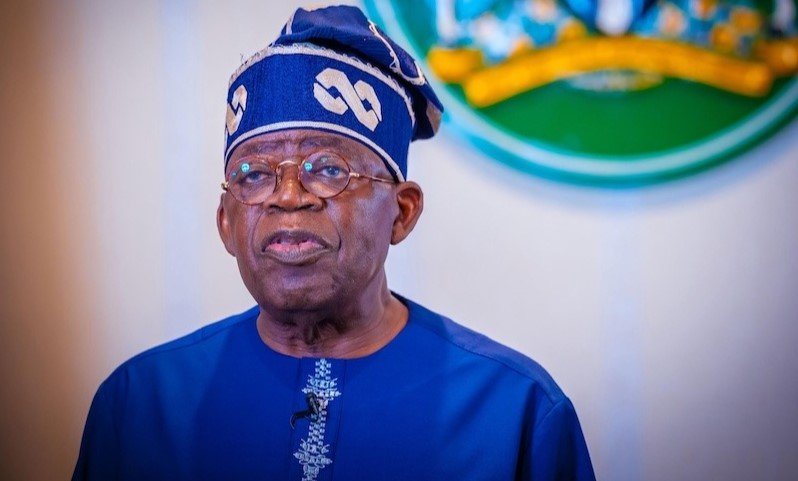PRESIDENT Bola Tinubu on Thursday called on state governors to prioritise the welfare of Nigerians by investing more in rural electrification, agricultural mechanisation, poverty eradication, and infrastructure.
Tinubu’s call followed a presentation on the Renewed Hope Ward Development Programme (RHWDP) by the Minister of Budget and Economic Planning, Abubakar Bagudu, at the 150th meeting of the National Economic Council (NEC) held at the State House Council Chambers, Abuja.
“I want to appeal to you; let us change the story of our people in the rural areas,” the President was quoted as saying in a statement by the Senior Special Assistant to the President on Media and Communications (Office of the Vice President), Stanley Nkwocha, on Thursday.
“The economy is working. We are on the path of recovery, but we need to stimulate growth in the rural areas. We know the situation in the rural areas, let us collaborate and do what will benefit the people,” he added.
President Tinubu urged state governors to collaborate with the Federal Government to drive economic development in rural areas across the country.
“We have to embrace mechanisation in agriculture, fight insecurity and improve school enrolment through school-feeding,” he said.
Accordingly, he directed NEC to set up a committee to enhance the actualisation of legacy projects, especially the Lagos-Calabar and the Sokoto-Badagry Super Highways.
He also ordered the transfer of the Office of the Surveyor-General of the Federation to the presidency to enhance the seamless actualisation of his administration’s legacy projects across the country.
Meanwhile, NEC endorsed the new ward-based development strategy, RHWDP, aimed at achieving double-digit economic growth through direct intervention in Nigeria’s 8,809 administrative wards across all 36 states.
RHWDP, which was presented by Bagudu during the council’s 150th meeting, received full endorsement as a collaborative undertaking between federal, state, and local governments.
According to the statement, it is anchored on Tinubu’s Renewed Hope Agenda, which seeks to achieve a $1 trillion economy by 2030, requiring a growth rate of 15 per cent, while the current rate sits below four per cent.
The RHWDP draws its legal framework from the 1999 Constitution and the Fifth Alteration Act, which mandates state policy toward ensuring food security and improved production methods.
Its key targets include sustainable support for economic activities with minimum thresholds of 1,000 economically active individuals for smaller wards and 2,000 for larger ones.
A National Steering Committee comprising representatives from all six geopolitical zones will oversee the implementation, with the Ministry of Budget and Economic Planning as secretariat.







